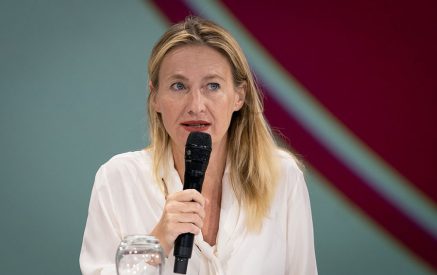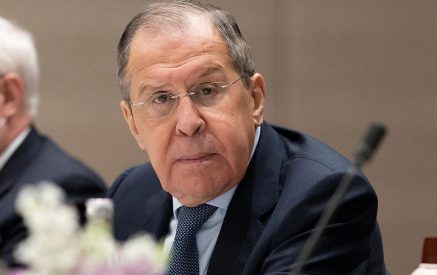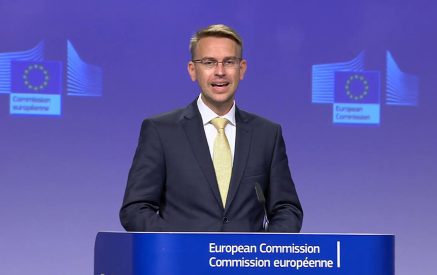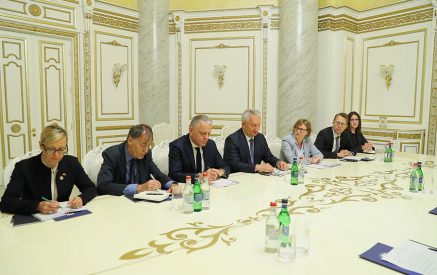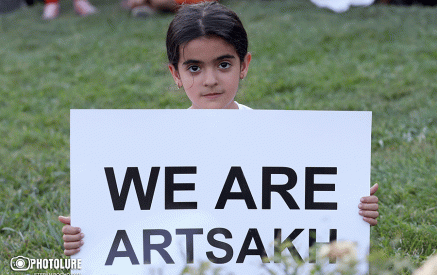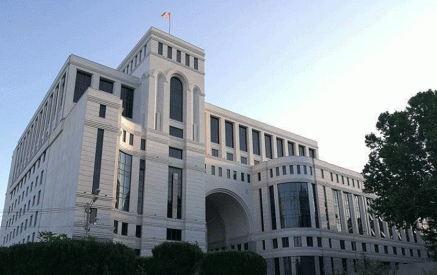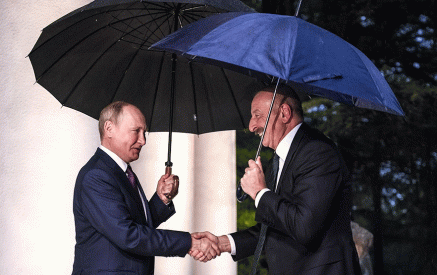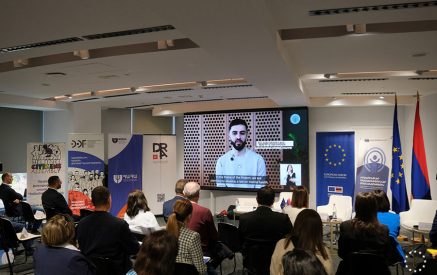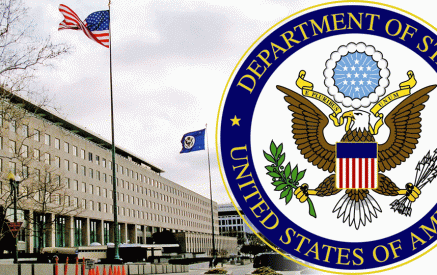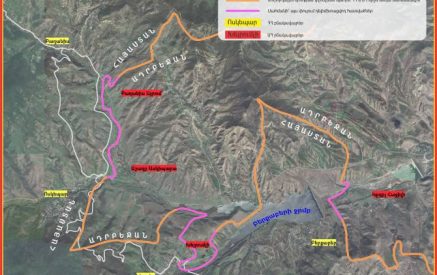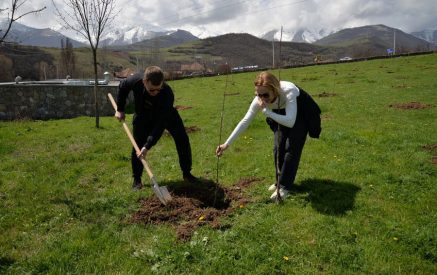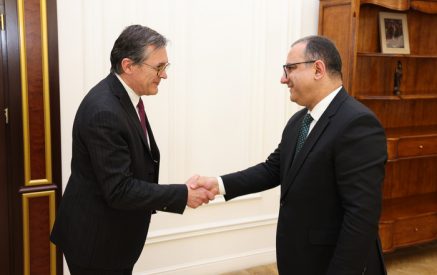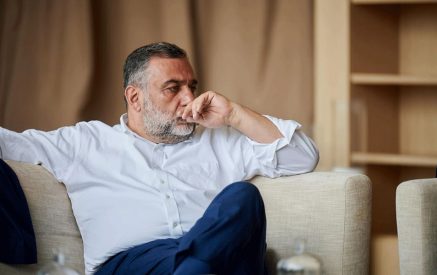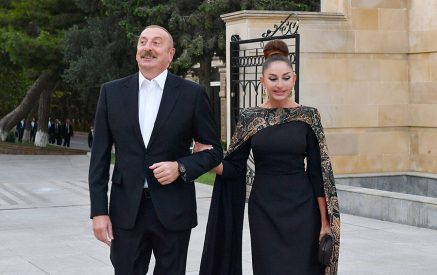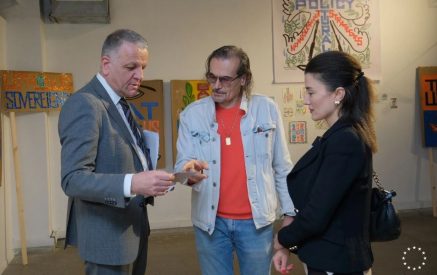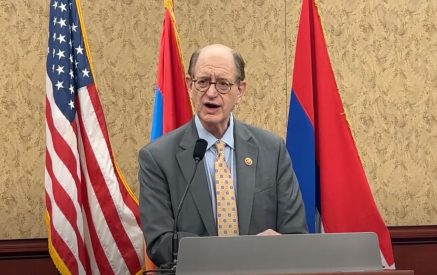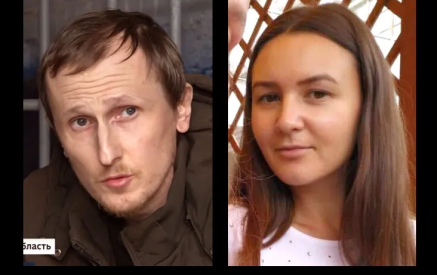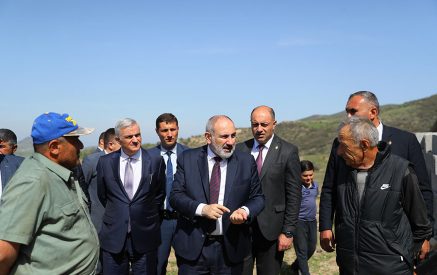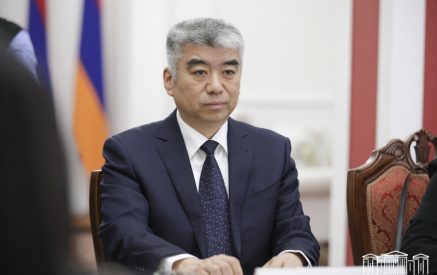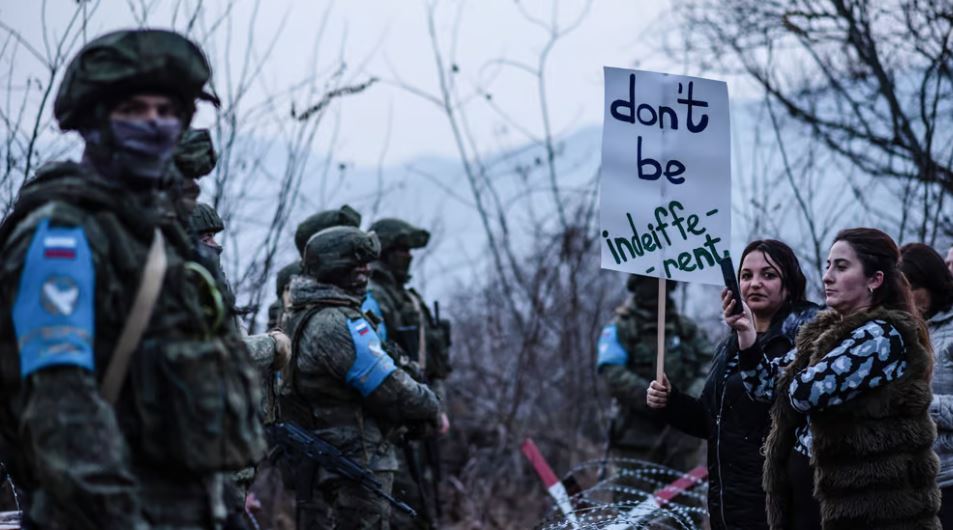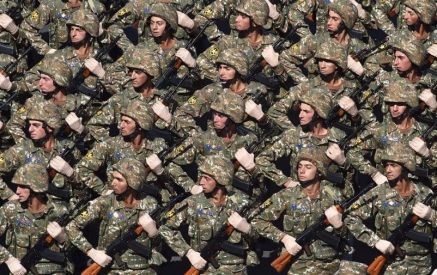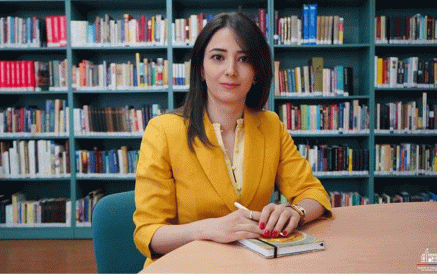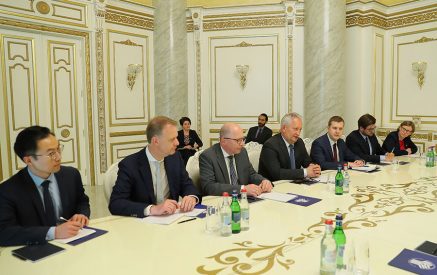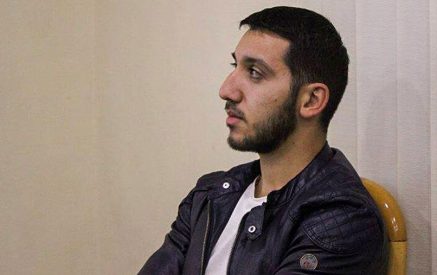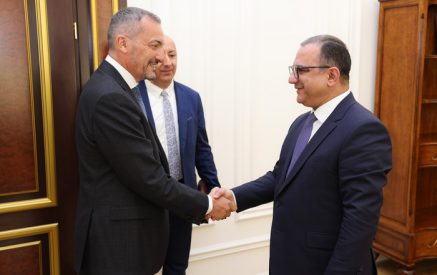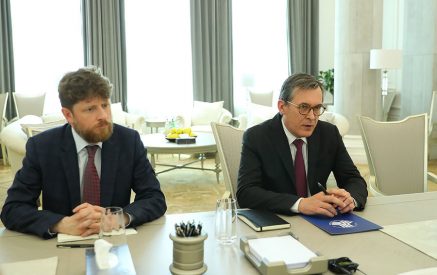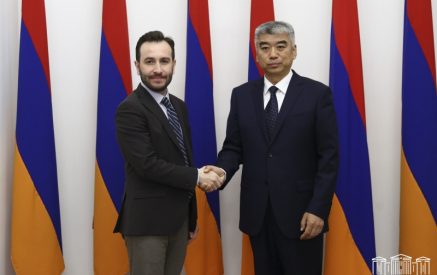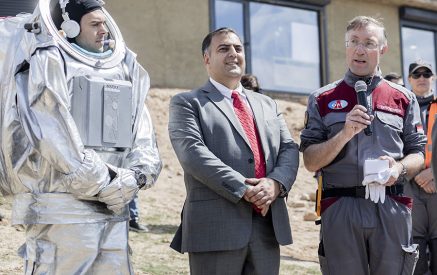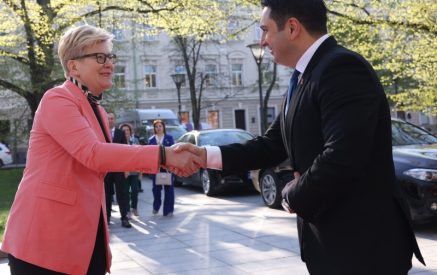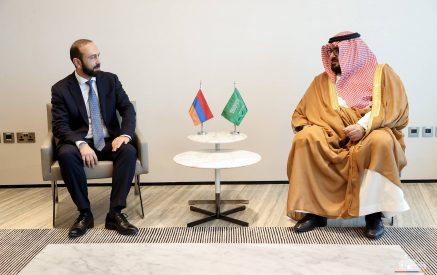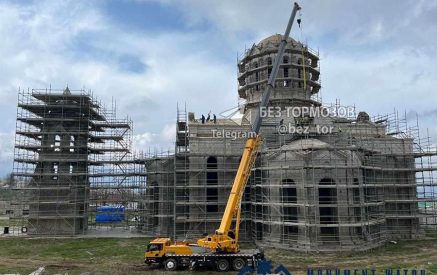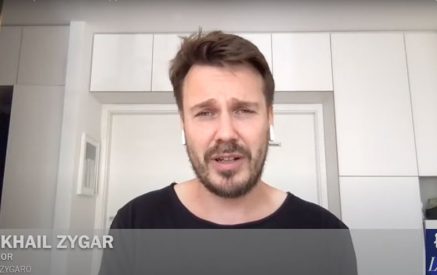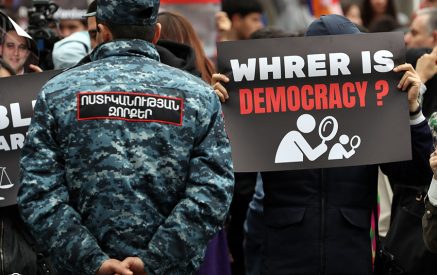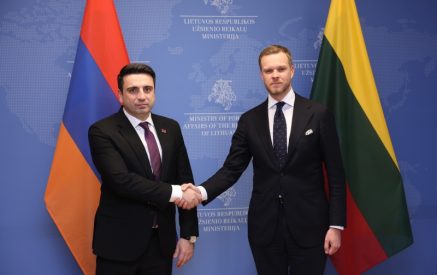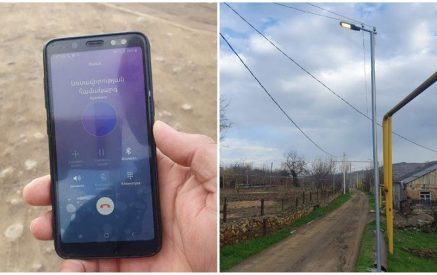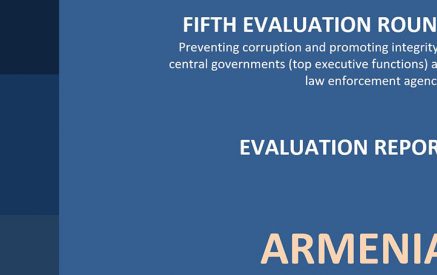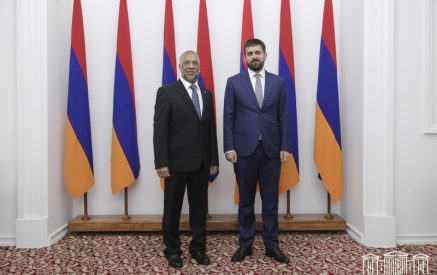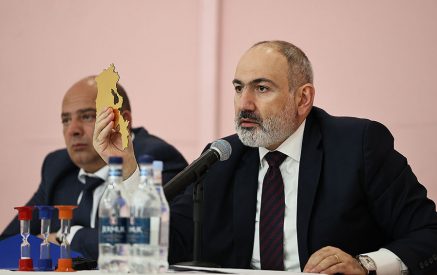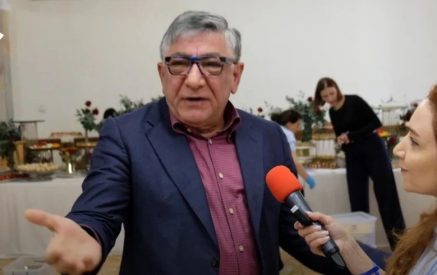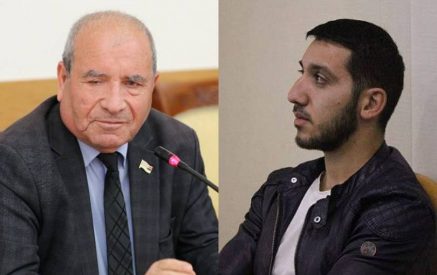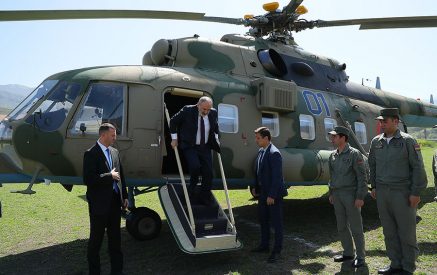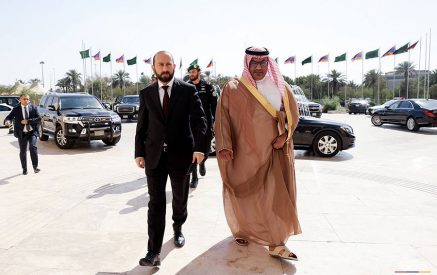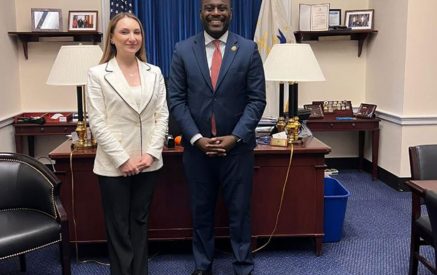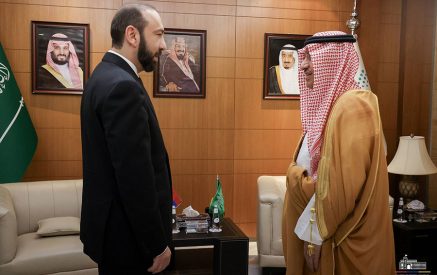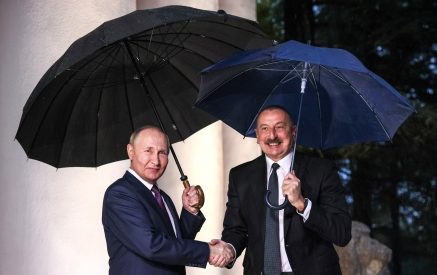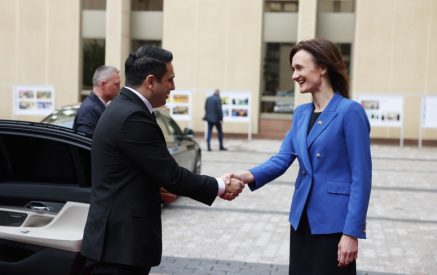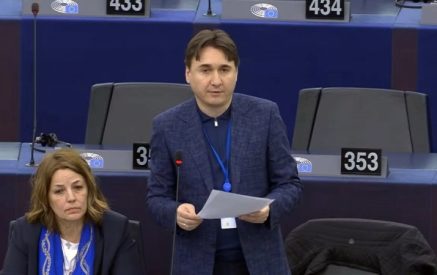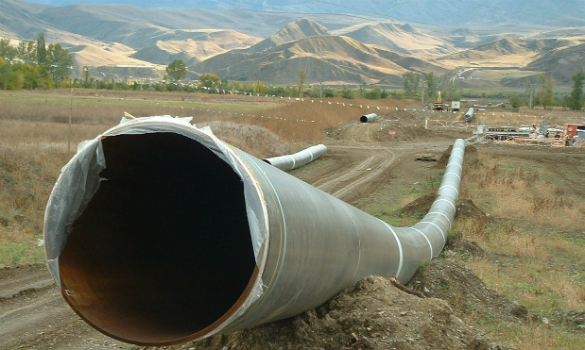The European Bank for Reconstruction and Development (EBRD) on Wednesday approved a US$500 million loan for a crucial piece of a network of pipelines owned largely by the Azerbaijani government that will transport Azerbaijani gas to Europe. The bank made this decision even though an international oil and gas transparency initiative, endorsed by the bank, recently suspended Azerbaijan because the government would not end its crackdown on civil society groups.
The bank’s decision was expected earlier this year, but was delayed when Azerbaijan was suspended from, and then quit, the Extractive Industries Transparency Initiative (EITI) in March. EITI is a coalition of governments, corporations, and independent groups that promotes better governance of resource-rich countries by fostering open public debate about how oil, gas, and mining revenues are used. The EBRD has endorsed EITI and is also the only multilateral development bank that has a political mandate, which includes the principles of “multiparty democracy and pluralism.”The bank appeared to minimize the systematic dismantling of the country’s once vibrant civil society through the arrests and convictions of dozens of activists, human rights defenders, and journalists on bogus, politically motivated charges, as well as the closing of independent media outlets. The crackdown did not spare anti-corruption activists, such as Ilgar Mammadov, a vocal critic of Azerbaijan’s gas industry who had been actively involved in promoting revenue transparency. He’s been in prison for nearly five years on politically motivated charges. The EBRD knew this was happening since at least 2014 when its country strategy for Azerbaijan explicitly acknowledged Azerbaijan’s poor record on meeting its human rights commitments.
The bank claims Azerbaijan will still follow principles of transparency akin to EITI, but this is difficult to fathom given the crackdown on civil society and new allegations of massive corruption. The bank’s decision came just weeks after investigative reporting in The Guardian alleged that Azerbaijan maintained a secret slush fund of about US$2.9 billion that it used over a two-year period to bribe European politicians, including to help whitewash the government’s human rights record. Among those implicated in the scandal is one of the bank’s board members.
The Azerbaijani government is eager to get the pipeline funded. The EBRD could have used its leverage for much-needed reforms. Instead, its endorsement of transparency rings hollow.

